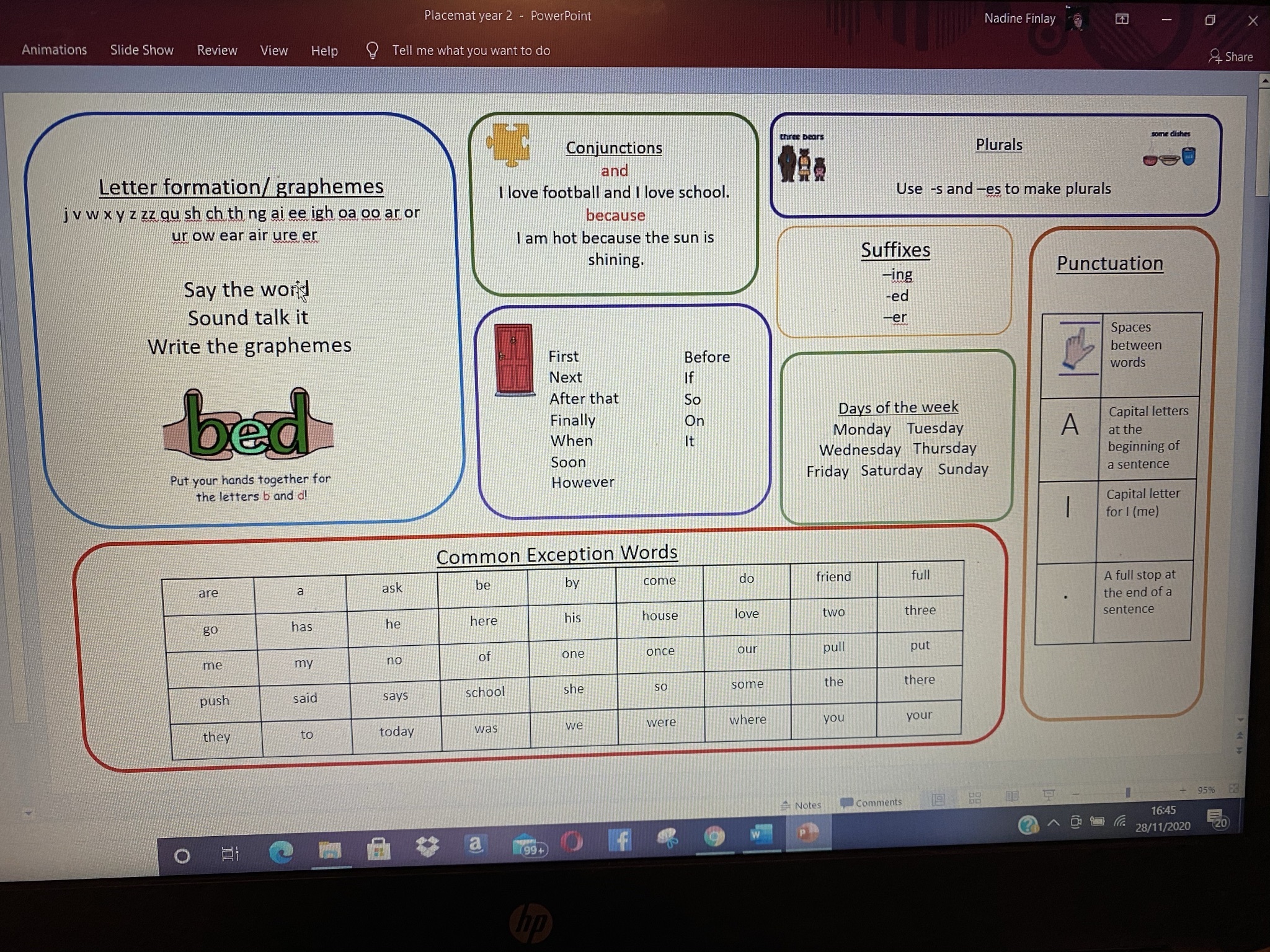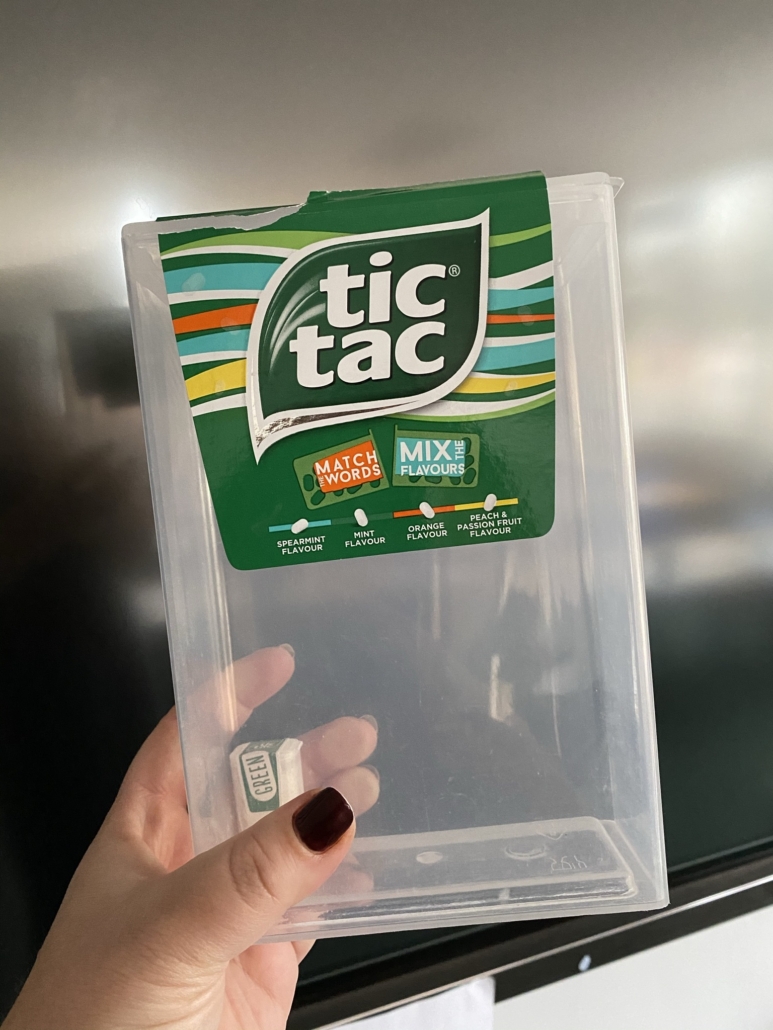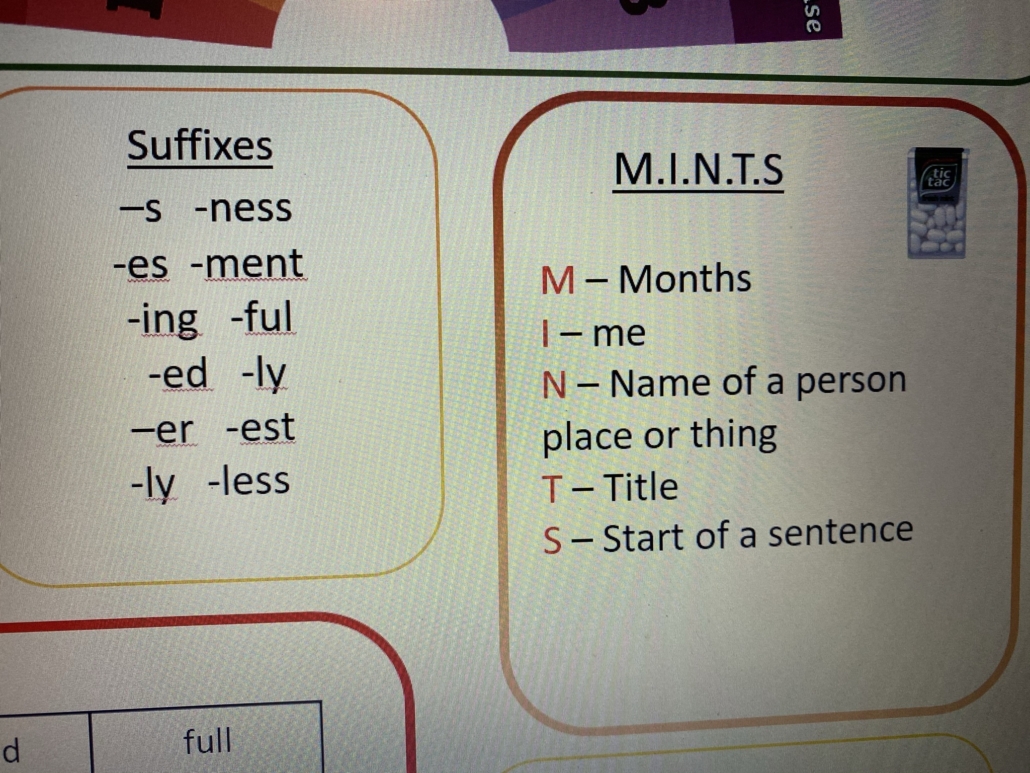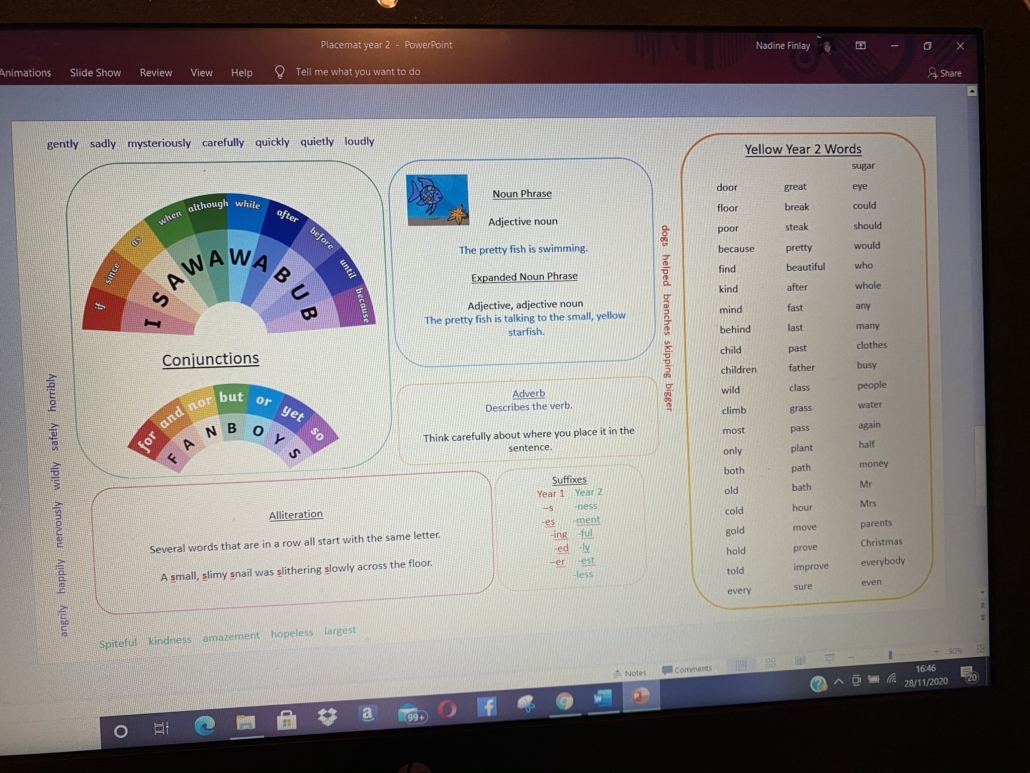

Nadine loves teaching and English is her favourite subject to teach. Here, she continues her writing series as she looks at editing.
This is the second part. Read the first part here.

Editing
As a Year 2 class teacher editing is a skill that quite often begins with me. Prior to lockdown I was running a KS1 English hub where schools for the surrounding area got together and moderated a range of writing each term. It was during these meetings that I started to notice how teachers often found teaching the skill of editing quite tricky to do.
My aim is always for the children to identify their own misconceptions and strive to improve their work independently, not just be told by me to change this and change that. In order to do this, when it comes to spellings, I underline words that are spelt wrong and at the end of the piece I write a list of these words. It is then down to the child to read their work and when they come across an underlined word they look at the list I’ve written out. Dictionaries, although a wonderful resource, are intimidating for younger children and for those individuals who are still getting to grips with Phonics, the prospect of having to locate a misspelt word from hundreds or even thousands of others is unbelievably off putting.
Shake the TicTacs
I find that the children often forget the basic punctuation when we are busy focusing on more challenging grammar. Capital letters become a regular feature of editing, especially when looking at proper nouns so in my class we use a large box of TicTacs as a prompt.
M – Month
I – me, myself and I
N – Name
T – Title
S – Start of a sentence
When this is initially introduced the children focus on one part at a time but very quickly they remember that when we shake the TicTac packet, they check the capital letters in their piece of writing.
When marking, if I notice that there are missing capital letters, I write the word M.I.N.T.S and circle the one that the children have forgotten. This provides the prompt for them to read back through and check whichever was the identified element.
Placemats
At the beginning of each year I make each of the children a placemat. I know that placemats can be purchased from large organisations however I try to personalise them based on their previous knowledge from the year before, looking at what their needs are and using the techniques that I use in the classroom. The placemats develop throughout the year to the point when every child has the scaffolding they need to be able to achieve age related by the end of Year 2 however to begin they are differentiated to suit their needs.
On one side are the graphemes that they have been learning in Phonics, Phase 2, Phase 3 and Phase 5. On the other side there are different sections:
Door words (sentence openers)
Conjunctions
Our Suffix tree with Year 1 and Year 2 suffix
Contractions with examples that could be included
Assessment
Every time the children complete an unaided piece of writing I assess it regardless of whether this be in English or in the foundation subjects. Over the years many colleagues have told me that this isn’t necessary but I disagree. I personally feel that carrying out one assessment a term during assessment week does not provide enough evidence. If one term the children have written a non-chronological report, one term a poem and one term a story, each require a completely different skills set and I prefer to not base an end of term assessment on just one piece. Similar to a moderation I want to see the children demonstrate their true skills in several pieces.
I’ve found that by bringing all of these different parts together at the end of a writing block, the children I work with are able to develop confidence in their own abilities while also challenging themselves to improve. Why not give it a try and see how it impacts the children that you’re working with too.



One Reply to “The Importance of Editing in English- Part 2”